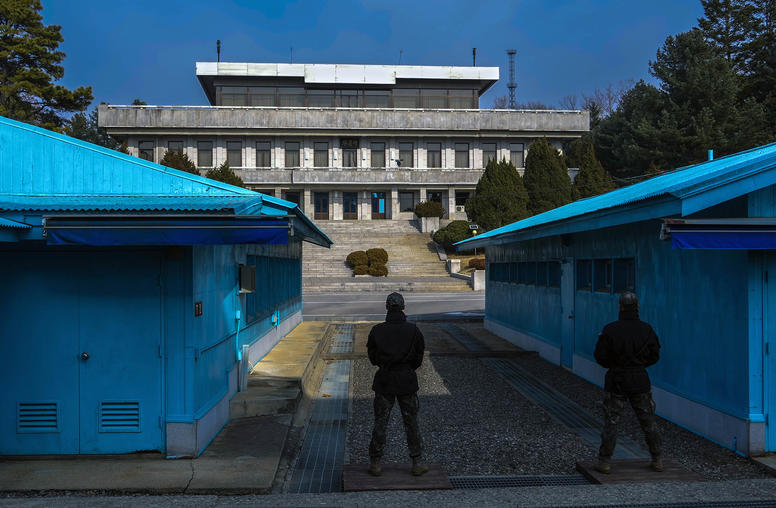Negotiating on the Edge
North Korean Negotiating Behavior
"The best, and perhaps the only full fledged, analysis of North Korean negotiating behavior and . . . an indispensable manual for those who have the tough luck of negotiating with the North Koreans or others, if any, who are like them."
—Han Sung-Joo, Former South Korean Minister of Foreign Affairs
The ordeal of negotiating with North Koreans during the Cold War has left the impression of a “crazy” and “bizarre” diplomacy, of negotiators who insult and provoke their Western counterparts while fabricating crises and fomenting discord. As Negotiating on the Edge reveals, however, there is not only a method to this “madness” but also an ongoing shift toward a less provocative negotiating style.
Drawing on interviews with an eminent cast of U.S. officials and marshalling extensive research on North Korea past and present, Scott Snyder traces the historical and cultural roots of North Korea's negotiating behavior and exposes the full range of tactics in its diplomatic arsenal. He explains why North Koreans behave as they do, and he argues that there is, in fact, an internal logic to what often seems to be outrageous conduct.
Finally, Snyder explores how economic desperation and the end of the Cold War have forced North Korea to modify its negotiating style and objectives. Focusing on the U.S. negotiating experience with North Korea in the 1990s, Snyder also deals comparatively with recent South Korean and multilateral attempts to engage Pyongyang.
About the Author
Scott Snyder is a program officer in the Research and Studies Program of the United States Institute of Peace, where he has organized a working group on U.S. policy toward North Korea since 1994. Author of numerous articles, he has been an Abe fellow and a staff member at the Asia Society.



